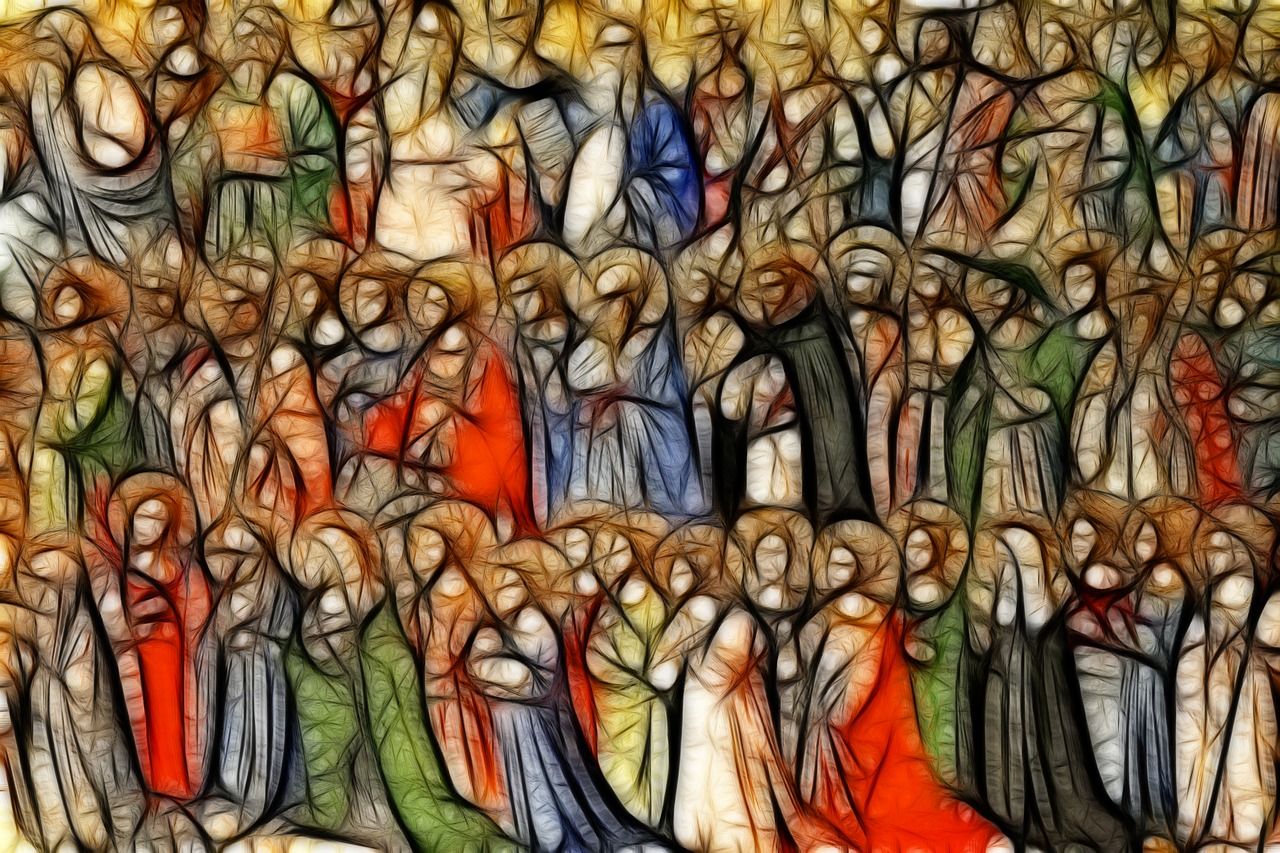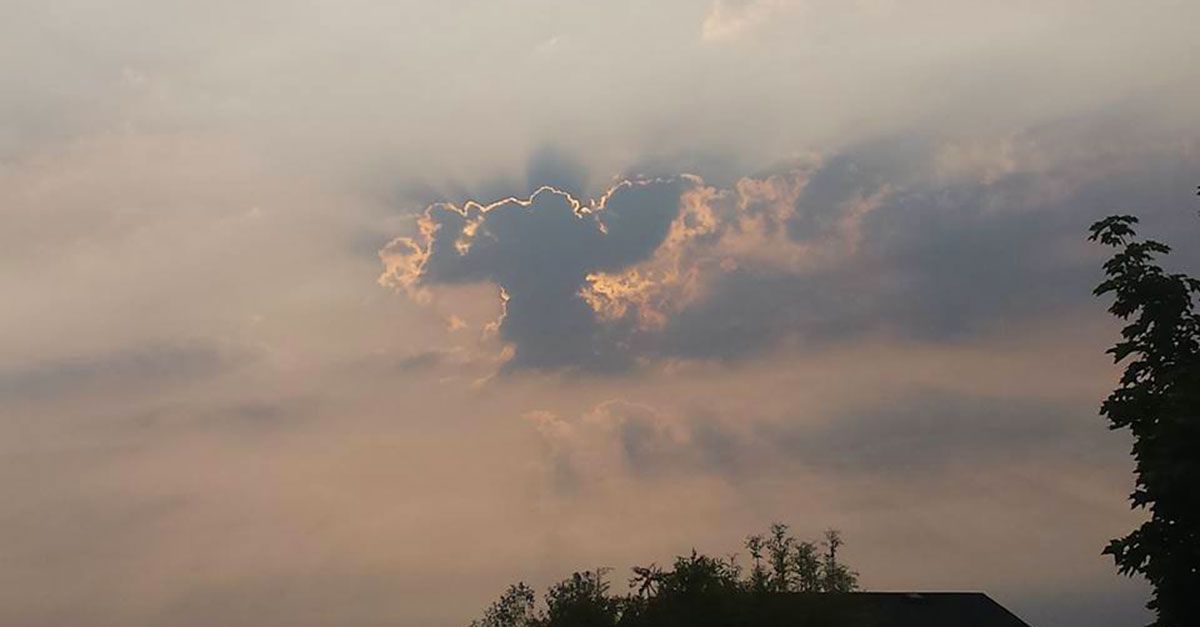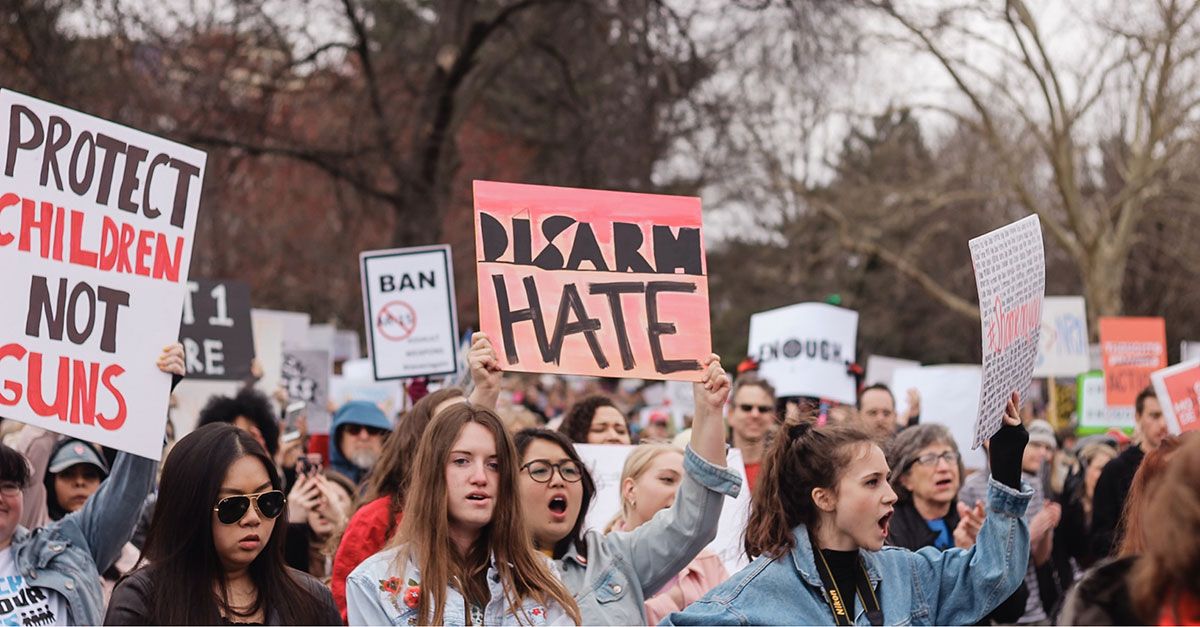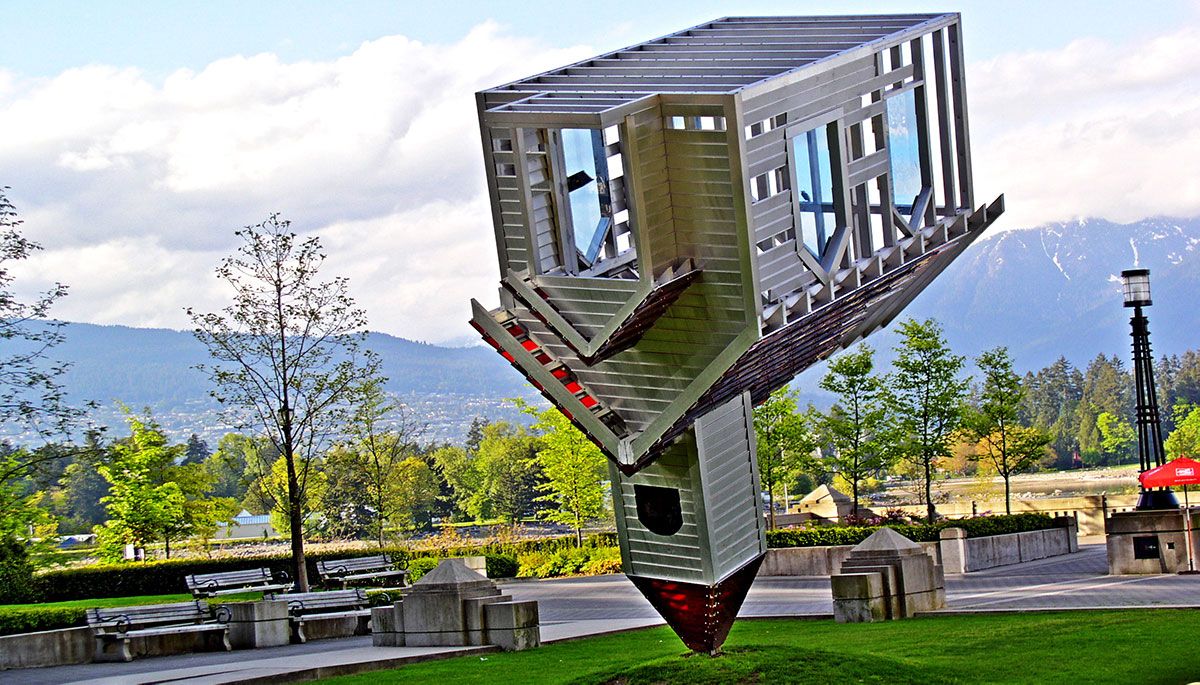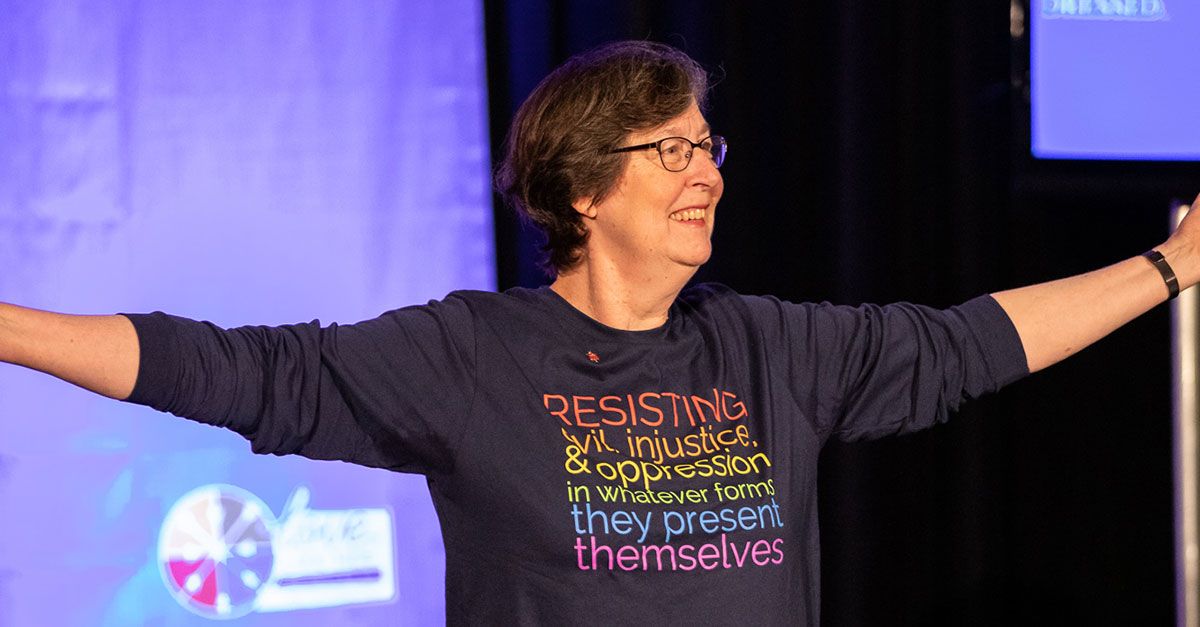God in the End
CrossOver reflection for Week 39 • Beginning September 1, 2019
We Make the Road by Walking, Chapter 52
Rev. Daniel Miranda
About 12 years ago, while serving a church in central Washington, I experienced one of the worst times in ministry — seven funerals in eight weeks! It was exhausting and depressing. There was a sense of dread as the congregation and I navigated through each of these weeks. And yet, these were not simply funerals; they were celebrations of faithful women and men who had served, worked, loved, and made a difference in our community. Every so often, I remember those months and recall both the sadness and the promise of homecoming for those faithful people to their Lord. I hold on to some good memories and wish there had been more time with these dear friends.
From this side of existence, it is impossible to know what it will be like in the end. Brian McLaren says that some anticipate “catastrophe” and “collapse” while others imagine “a Big Celebration.” Like our author, I dream of a celebration where you and I are welcomed by God, even though we are prodigal children. Then, we will finally understand the fullness of love and grace.
But before we arrive at the end, we have our own smaller endings in our everyday lives: cancer, conflict, grief, disappointment, separation, and pain of all kinds. It is impossible for me not to acknowledge that we, as a denomination, are in the midst of the end of something. Maybe it will be the end of our disagreements about human sexuality or the end of our denomination as we have experienced it since 1968.
I have to take a leap of faith and trust that God, in the end, will make things good for you and me. I have to have confidence that God, in the end, will make things good for our greater United Methodist family no matter what transpires. Do not mistake my faith and hope for strength or fearlessness — it is not! I think that for most of us, as we walk this road of life and faith, do so with trepidation and anxiety — if you don’t, I would like to know how you do it!
The first paragraph of this chapter begins by talking about what scientists think will happen in the end. I wish that we could have that kind of certainty where we could do some research and crunch the numbers and say, “There is a 90 percent probability that if we do this it will end well.”
We have the powerful words of Jesus to remind us that we are always welcome in God’s home and that we will be greeted with open arms of mercy and grace. We have the words of the Apostle Paul reminding us that we are “more than conquerors.” I take these words to heart whether I am thinking eschatologically or merely trying to make sense of things at the end of a stressful day.
Rev. Daniel Miranda is currently serving his fifth year of appointment to First United Methodist Church in Auburn, Washington. He also serves on the PNW Council on Finance and Administration. When not engaged in ministry Daniel also enjoys playing racquetball, time with family and cooking.
